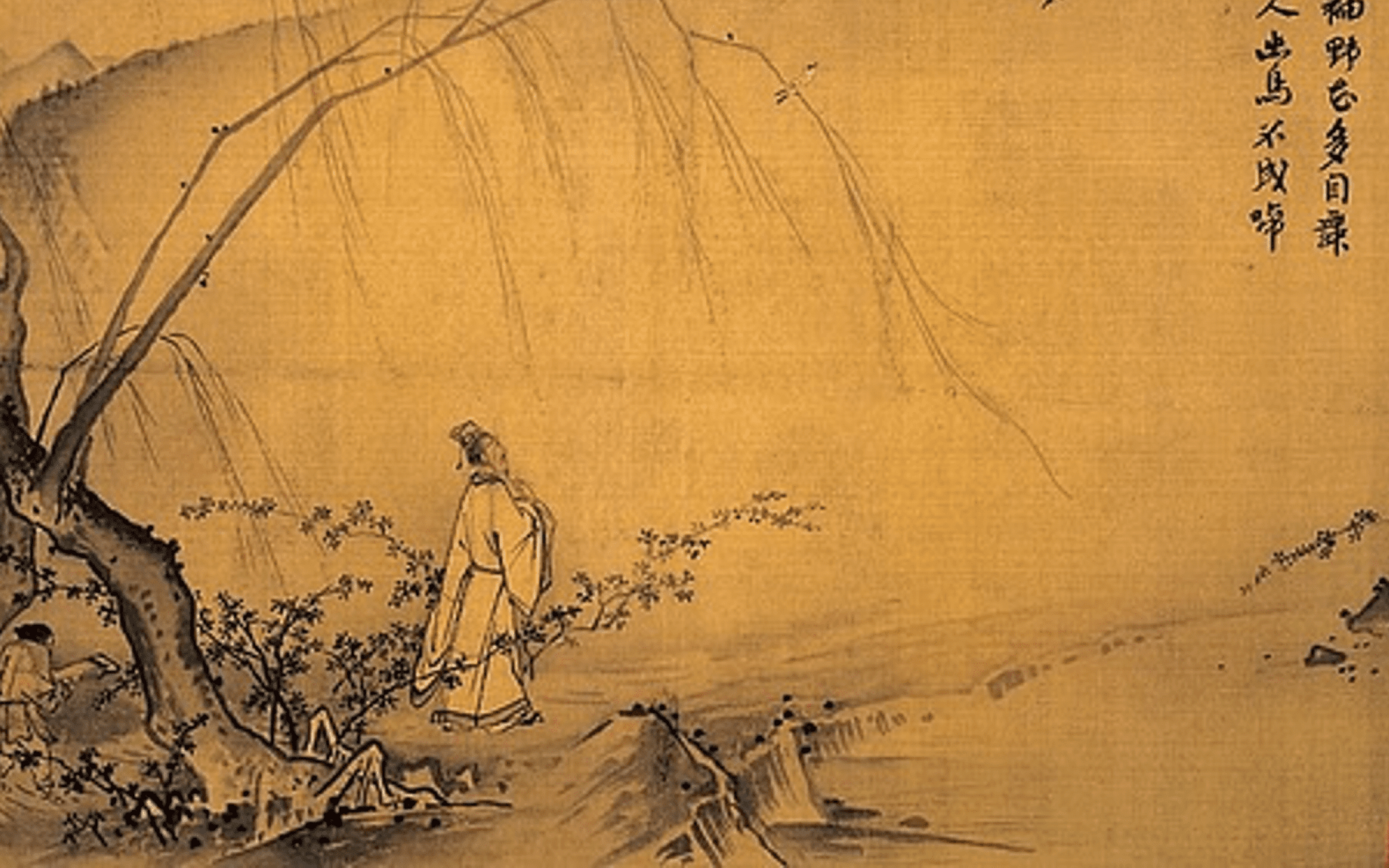Alongside Li Po and Tu Fu, Wang Wei (699-791 AD) is often counted as one of three great poets in Chinese history. Born to an aristocratic family, he excelled in painting, music and politics, reaching a senior position at the Imperial court by the end of his career. His accessible imagistic output has charmed and inspired readers over thirteen centuries, exemplifying the eastern artistic concern for accuracy and clarity. A deeply religious man, his faith in Ch’an (Zen) Buddhism pervades his startlingly serene verse without precluding any secular appreciation for the tranquillity in nature.
For half the year, Wang Wei was obliged to attend to affairs of state. The poet would pine for the gardens and orchards of his home. To ease his time away, he made ample use of his poetic gifts. Scenes like the greeting of friends on mountain roads or the kissing of lovers by silver streams, have the curious ability to console a mind with memories to whom they do not belong, not because of their supposed universality but because of their intoxicating calm. Perhaps the most consummate poet of landscape to ever apply nib to sheet, Wang Wei’s vivid vignettes and immersive vistas suggest his values rather than state his beliefs. Names are an enormous part of his work, be they the names of places he visited or people he knew. They personalise the experiences depicted.




